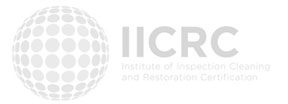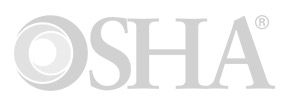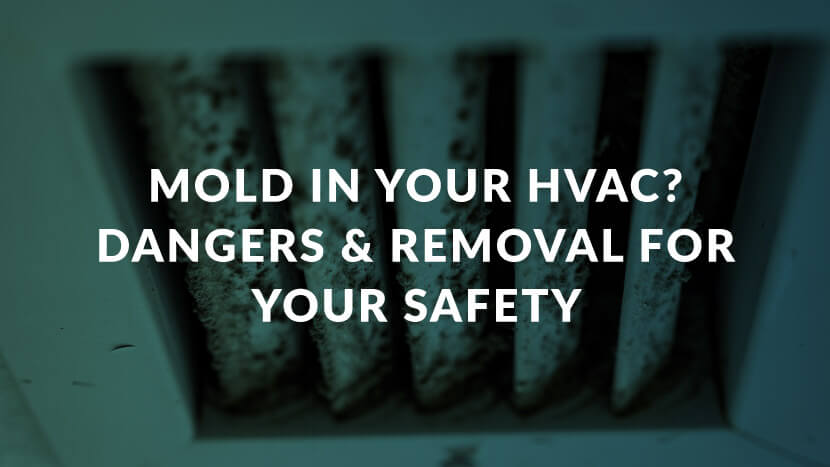
Do You Have Mold in HVAC & Duct Systems? Why You Should Be Concerned
Mold in HVAC and ductwork systems is a serious issue that can compromise the air quality in your home or office. These systems are the lungs of your building, and when they’re contaminated with mold, everyone inside is at risk. Beyond that, mold also has a sneaky way of multiplying before you even realize it’s a problem. Ignorance is not bliss in this case.
Mold remediation is not just essential for the health and safety of the inhabitants but also for the longevity and efficiency of your HVAC systems. If you have mold in your HVAC systems or ductwork, contact CLEAR Restoration today at 225-245-3575 for mold remediation services.
The Risks of Mold in HVAC and Ductwork Systems
Mold spores can cause various health issues, ranging from mild allergies to severe respiratory conditions. These can include chronic cough, eye irritation, skin issues, and even asthma in extreme cases. Furthermore, exposure to mold in HVAC systems can be particularly harmful to young children, elderly people, and those with compromised immune systems, making quick action essential.
Over time, mold can also degrade the components of your HVAC and ductwork systems, leading to expensive repairs or replacements. Moreover, untreated mold can even damage the structural integrity of your home or office, including the walls and ceilings through which ducts pass.
The presence of mold can also affect the efficiency of your HVAC system, causing it to work harder and, consequently, increase your energy bills. An inefficient system wears down more quickly, meaning you’ll have to deal with costly repairs or replacements sooner rather than later, thanks to mold in your HVAC.
[Related: Can Mold Make You Sick?]
How Mold Gets into HVAC and Ductwork Systems
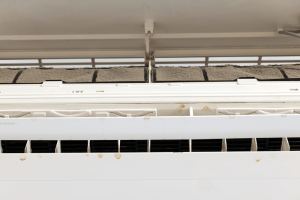
Mold thrives in humid and moist environments, which can often occur in ductwork and HVAC systems, particularly in regions with high humidity like Louisiana. Uncontrolled moisture can result from everyday activities like cooking, bathing, or doing laundry.
Lack of proper ventilation and temperature fluctuations can also contribute to mold in HVAC and duct systems. Keeping your HVAC system in optimal condition is essential to prevent mold accumulation. Besides, a well-maintained system also ensures better air quality in your living or working space.
Signs You May Need Mold Remediation
- Musty Odors – A musty smell often indicates the presence of mold in HVAC systems. If you notice this scent coming from your vents, it’s time for a professional inspection. An odor is a clear sign that what you’re dealing with is beyond a simple DIY fix.
- Visible Mold Growth – If you see black or green spots in ducts or on your HVAC system, you likely have a mold issue. It’s important to address this immediately, as visible mold is a sign of significant contamination that can spread quickly.
- Health Symptoms – Symptoms like a persistent cough, eye irritation, or unexplained allergies could indicate that mold is circulating through your air system. If anyone in your household shows these symptoms, it should prompt immediate action.
Why Professional Mold Remediation is Crucial
HVAC and ductwork systems are complicated structures. Treating them for mold isn’t as simple as spraying a household cleaner. They require thorough inspection and a multifaceted approach to eradicate mold completely.
Proper mold remediation requires specialized tools and expertise. Furthermore, professionals like CLEAR Restoration understand the various types of mold and how best to deal with them to prevent future growth.
At CLEAR Restoration, we specialize in mold remediation services that are thorough, reliable, and geared toward ensuring your home or office is safe and mold-free. With years of experience and state-of-the-art tools, we are confident in delivering a service that addresses the mold in HVAC systems at its root.
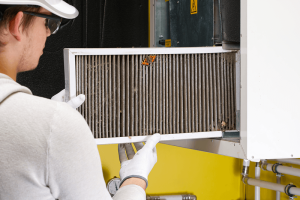
Prevention Tips: Keeping Mold Out of Your HVAC and Ductwork
- Regular Maintenance – Have your HVAC systems inspected and cleaned regularly to prevent mold from setting in. This also ensures that all the components function effectively, reducing the risk of moisture accumulation.
- Proper Ventilation – Ensure that your system is well-ventilated. Proper ventilation is critical in preventing mold growth and maintaining the overall air quality in your home or office.
- Control Humidity Levels – Use dehumidifiers or other means to maintain an indoor humidity level of around 40-60%. Keep an eye on your indoor humidity levels, especially during seasons known for high humidity, to help ward off mold in HVAC and duct systems.
- Prompt Repairs – Address leaks and water damage immediately. The longer you wait, the more favorable conditions become for mold to grow. Regular inspections can catch these issues before they become major problems.
[Related: Does Ventilation Help with Mold?]
Contact CLEAR Restoration for Mold Remediation and Duct Cleaning
Mold in HVAC and duct systems is not just an aesthetic issue; it poses serious risks to your health and property. Its presence in HVAC and ductwork systems is both a health concern and an efficiency problem. Professional mold remediation is a specialized process that should only be carried out by experts. At CLEAR Restoration, we have the tools and expertise to ensure that your HVAC and ductwork systems are completely mold-free. We believe in taking proactive steps, not just to treat mold but to prevent its recurrence.
If you suspect mold in your HVAC and ductwork systems, don’t wait. Contact CLEAR Restoration today at 225-245-3575 for a thorough inspection and effective mold remediation service. Your health is too important to risk, and immediate action can save you both health problems and additional expenses in the long run.


